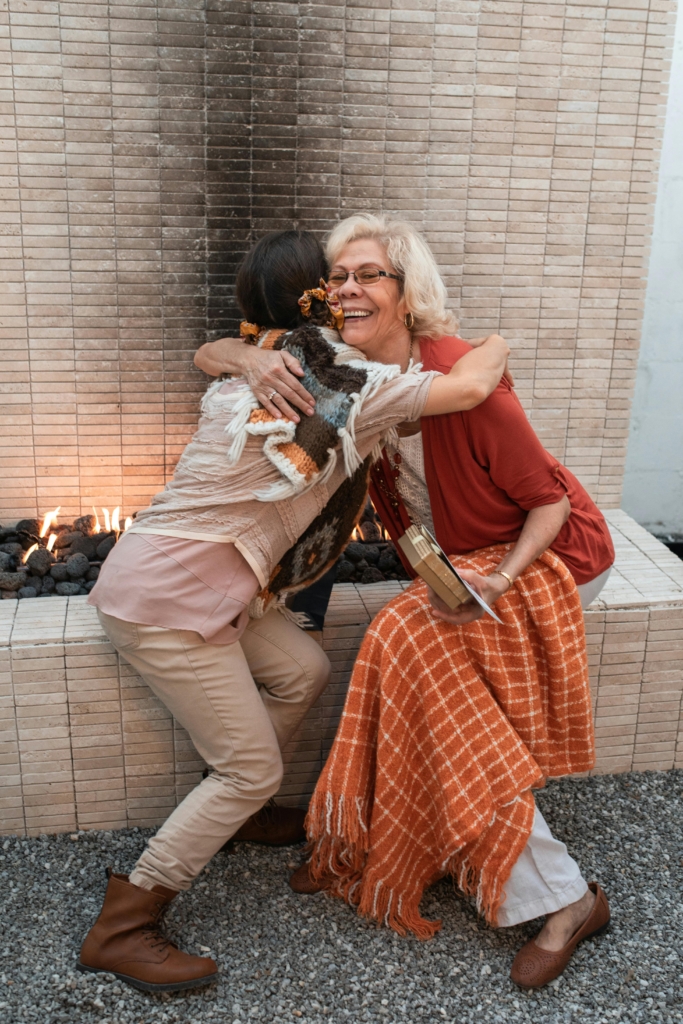Senior Hoarding: Understanding Emotions
You may often find seniors hoarding and holding onto items that are no longer necessary or of use for them.
Such a behaviour makes houses unorganised and limits storage space.
Consequently, this often causes safety hazards like increased fall risk, blocked emergency exits, and unsanitary living conditions.
Although there are numerous factors that elicit hoarding behaviour, it is often associated with anxiety, making it sensitive to deal with.
Many hoarders also tend to self-isolate which aggravates their emotional well-being. Therefore, understanding the emotional sides of this behaviour can help carers understand senior’s hoarding issues and find a solution.
What is the difference between a collector and a hoarder?
Many people like to hang onto mementos to remember a special occasion, or useful items for practical reasons.
Collectors would show their specific interest in gathering items they like that others may consider to be unnecessary.
However, hoarders seldom want to have their possessions on display, keeping them in disarray. They are not able to discard useless items such as junk mail, old newspapers, and worn out clothes, and often become excessively attached to these possessions.
As a result, their living space will be cluttered and become disorganised, their daily life negatively impacted.
What could be the causes of hoarding behaviour?
- Difficult experiences and painful feelings
When people’s minds are occupied with difficult feelings, they try to find ways to express or resolve the distress.
Some people find hoarding helpful in coping with challenging times as it distracts them from feeling anxious or afraid.
- Perfectionism and excessive worrying
Perfectionists often worry about making mistakes and they plan multiple steps ahead to avoid potential errors.
This makes them vulnerable to hoarding as they need to find a sense of security by being prepared for any shortfalls.
- Childhood experiences
If the older adult experienced any financial problems, emotional abuse or neglect as a child, it is easy to feel more connected to their belongings.
- Trauma and loss
It has recently been found that people who have hoarding issues are likely to have experienced a traumatic event in life.
To them, hoarding can fill an emotional hole that is a residue of a trauma or loss of spouse or a significant life change.
- Diogenes Syndrome
This is behavioural disorder in older adults that shows their withdrawal from life and society.
Main symptoms include excessive hoarding, dirty homes and poor personal hygiene.
What are some emotional effects on senior hoarding issues?
Hoarding may temporarily help people cope with anxiety, trauma and other mental distress, but it does not provide real relief.
This behaviour often comes from poor decision making, procrastination and disorganisation, impacting all aspects of life. It is a negatively-feeding cycle that lowers the older adult’s confidence, sense of independence and quality of life.
Also, hoarding isolates the individual. It creates conflicts with those living together, damaging their relationships. And with the house disorganised, it is less likely for the senior to invite friends and family over to their place, limiting their social interactions.
People’s perceptions on hoarders can emotionally impact them as well. Judgement and stereotypes – that hoarders are dirty and lazy – can make the individual feel inferior and isolated.
What emotional support can we give?
1. No shaming
You first need to realise that hoarding is a behaviour that signals underlying emotional and mental issues. Therefore, shaming the senior will have an adverse effect on their well-being and not fix any problems.
2. No forced clean ups
Not only would forcing a clean-up cause extreme distress, but also the person would immediately return to their hoarding ways. Although you may think this will help the elder see the importance of keeping a tidy space, it is not going to help in the long-term.
3. Empathetic and rational discussion
Instead of forcing your way in, you need to let your older adult see for themselves that hoarding is a problem. Have an empathetic and rational discussion with them on their past and current life to help them gain courage to start anew.
4. Resolving trauma or anxiety
If hoarding is linked to a mental disorder or a traumatic event, cognitive behavioural therapy (CBT) is an effective treatment to try out. CBT helps the person cope with the emotions and learn their behaviour, guiding them through a self-awareness journey. Consult a professional psychologist for a more in-depth therapy.
Remember – empathy is the key.
Try to understand where your senior is coming from and listen to their words and actions.
If you would like a professional consultation and helping your senior, please contact us.


